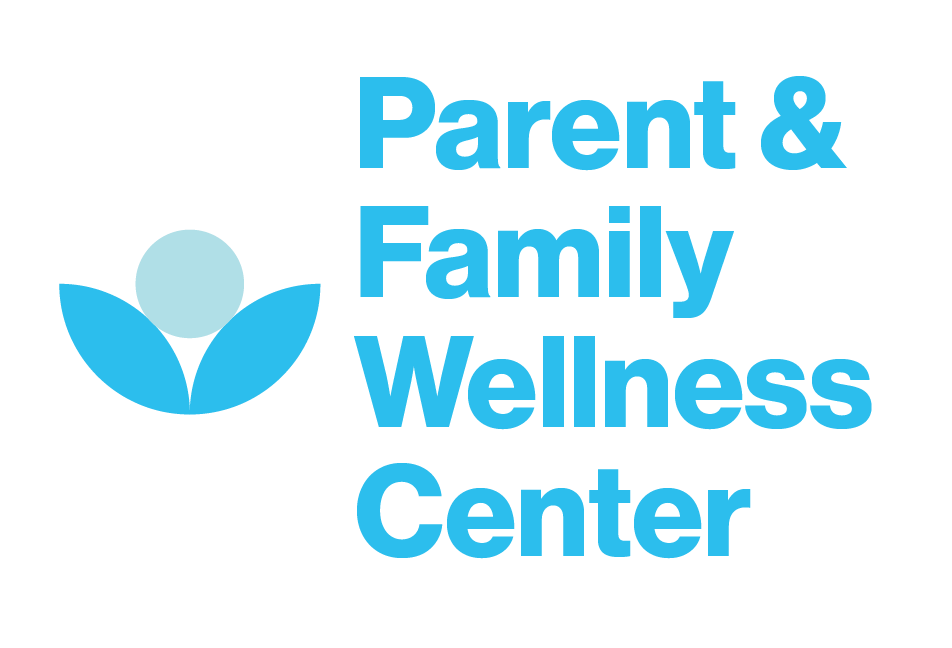Please welcome Jennifer Rhodes, MD to the PWCB therapy team!
Please welcome Jennifer Rhodes, MD, Reproductive Psychiatrist to the PWCB therapy team!
Below is a brief interview with Jennifer.
1. What is the difference between a generalized Psychiatrist and a Reproductive Psychiatrist?
A reproductive psychiatrist specializes in treating women throughout the woman’s lifecycle, with specific knowledge and attention to times of hormonal shifts that may cause changes in mood and or anxiety symptoms. Pregnancy is an example of this, as is perimenopause. It is not always true that the hormones are the culprit for the shifts in mental health states. However all the changes that occur around pregnancy, for example – the huge milestone changes that come with motherhood – make a woman more vulnerable to feeling stressed or depressed. Reproductive psychiatrists are psychiatrists (MD’s) that are trained to evaluate and treat women through these incredible life changes.
2. How did you decide that you wanted to specialize in reproductive mental health?
I believe every woman has the reproductive right to feel well, much like other reproductive rights – all of which I consider to be human rights.
I also find reproductive psychiatry to be more medical in nature, which suits me well. I enjoy reviewing the science/data regarding medication exposure in pregnancy/ lactation and explaining the research to women to help them make an informed decision.
Many women come to me with the assumption that during pregnancy they shouldn’t take any medication. This is not true – wellness is important and of course if a woman can be well without medication than medication is not indicated. But the benefits of being well far outweigh the risks of antidepressant exposure (for example) to the fetus or nursing infant. Women should understand the research to make an informed decision about treatment.
3. What role does medicine play in the treatment of maternal anxiety and depression
I think medicine can play a very powerful role in helping a woman feel better. I think it should be presented to a woman as her choice, among other options. I have seen medicine work very fast, and if a woman is really struggling, it only makes sense to offer her medication to feel better, while also supporting her, and other behavioral changes that promote health and wellness.
4. How do you determine if a mom may need medicine as a part of her treatment?
If a woman is significantly impaired in terms of her functioning, or if she is so symptomatic that she is not enjoying things, she should be offered the choice to take medication. I always tell my patients that although they are not supposed to be enjoying every minute of pregnancy or motherhood, the overall feeling should be a positive one, and they should feel like they want to feel. If their sense of wellness falls short of this, then something should be addressed.
5. Taking medicine can feel scary for a pregnant or breastfeeding mom, even if she knows that it might help her to feel better. How do you address this fear with the women who you treat?
I review the relative safety data with women, based on the research. I consider this to be my specialty and why women come to see me. I use evidence based medicine to help them make decisions regarding their treatment. If I think medication is indicated, I will recommend it. However, of course it is always ultimately the woman’s choice.
6. What can patients expect from you as a provider?
Patients can expect and count on me being up to date on the most recent research and literature regarding medications in pregnancy, lactation, perimenopause, and treatments around menses. They can expect that I will be warm, compassionate, and professional, and help women understand their choices for treatment.
7. Do you have any books, websites, resources that you particularly like to share with women and families who are considering medicine as a part of their treatment?
I love the womensmentalhealth.org website and refer my patients to it frequently. I also like the Motherrisk website and Lactmed.
8. The PWCB has many different providers. In what way do you as a reproductive psychiatrist collaborate with the other practitioners at the PWCB?
I always communicate with my patient’s therapist to collaborate on care. Given the multiple specialties at PWCB, I also plan to refer patients for other services within PWCB if clinically indicated.
For more information and to schedule an appointment visit http://www.drjenniferrhodes.com
